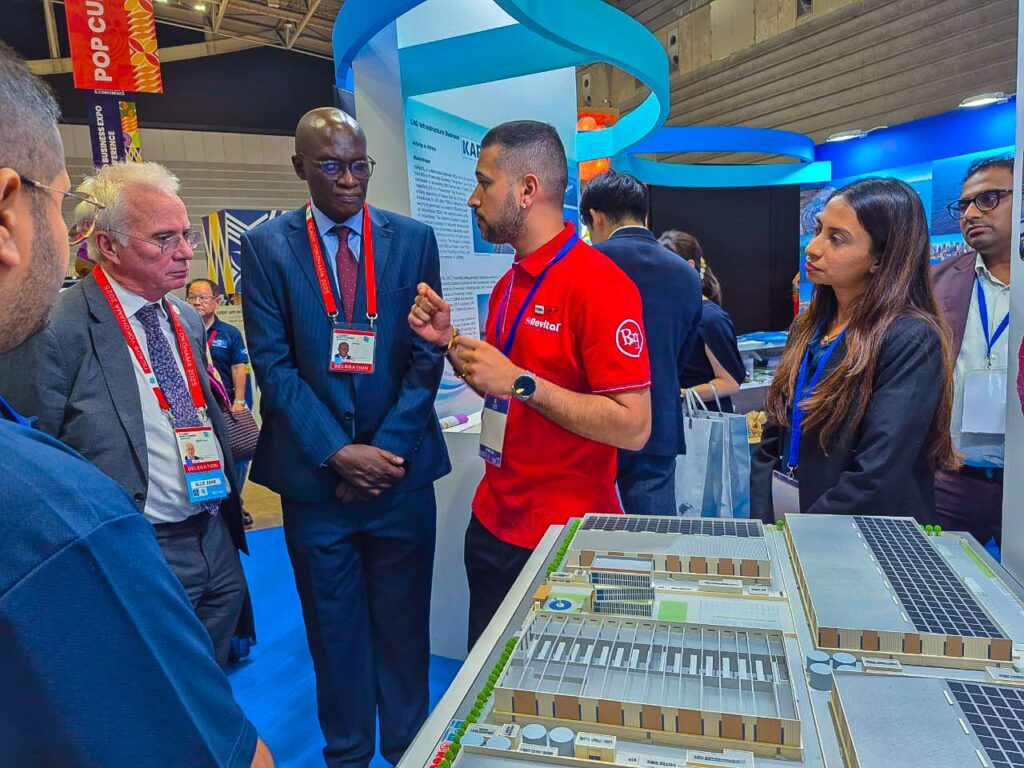Kenya is strengthening its push to become a hub for health innovation through strategic global partnerships and increased investment in local manufacturing. During the TICAD9 Business Expo in Yokohama, Japan, the country’s health leadership engaged with international stakeholders to advance collaboration in technology transfer, innovation, and sustainable healthcare solutions.
The focus of these engagements was on partnerships that can accelerate Kenya’s Universal Health Coverage (UHC) agenda by improving access to affordable medical products and enhancing local capacity. By fostering ties with established global companies in diagnostics, pharmaceuticals, and medical devices, Kenya aims to reduce dependency on imports while ensuring a resilient health supply chain.
One of the priorities outlined is the promotion of technology transfer to empower Kenyan firms to produce high-quality health commodities locally. With the right investment, local manufacturers will be positioned to meet domestic demand and eventually export to regional and global markets. This is expected to lower costs, strengthen self-reliance, and create job opportunities within the health sector.
The discussions also emphasized the role of innovation in tackling pressing health challenges such as infectious diseases, which continue to pose significant public health risks. Stronger partnerships with research-based companies and institutions will enable Kenya to access cutting-edge diagnostic and treatment solutions while fostering knowledge exchange for long-term sustainability.
Global partners highlighted the importance of supporting Kenya’s commitment to health system strengthening. Investments in infrastructure, research, and skills development will ensure that local production is not only competitive but also aligned with international standards. This collaboration is seen as a step toward building resilient health systems that can withstand shocks such as pandemics while ensuring equitable access to care.
Kenya’s approach underscores the growing recognition that local manufacturing is a key driver of sustainable healthcare. By combining global expertise with local capacity, the country is paving the way for a future where innovation and self-sufficiency can transform healthcare delivery. The engagements at TICAD9 represent a significant milestone in this journey, marking the beginning of new partnerships that will shape the future of health manufacturing and universal coverage in Kenya.

